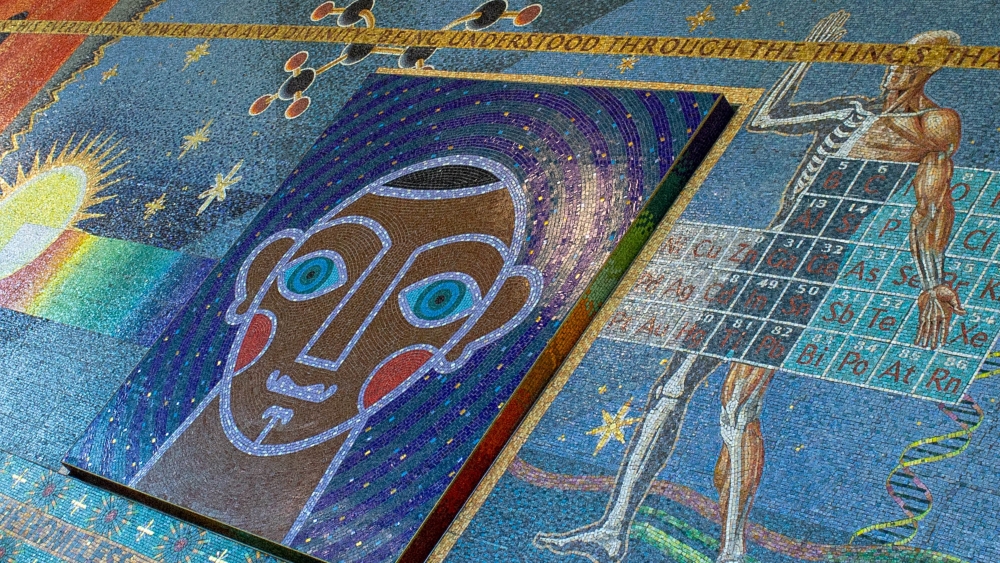Implementing an Evidence-based Bundle Consisting of Tai Chi and Education to Reduce Fall Rates in Older Adults and Improve Knowledge, Skills, and Attitudes of Staff in an Assisted Living Memory Care Facility: A Quality Improvement Project
Nature and scope of the project
American older adults with dementia are at twice the risk of falling. Assisted living memory care facilities (ALMCF) experience frequent falls due to inadequate fall practices causing financially devastating and life-changing outcomes. This quality improvement (QI) project strives to develop, implement, and evaluate an evidence-based bundle to reduce older adult fall rates and improve staff knowledge, skills, and attitudes (KSA) at an ALMCF.
Synthesis and analysis of supporting literature
PubMed, CINAHL, and Google Scholar were searched using keywords including older adults, falls, assisted living, and dementia. Evidence was evaluated using the Johns Hopkins Evidence Appraisal Tool. Based on this review, a Seated Tai Chi for Arthritis and Fall Prevention Program (sTCAFP) by the Tai Chi for Health Institute (TCHI) and a dementia and falls education module will be implemented.
Project implementation
This six-week QI project employs Lewin’s Change Model and the transformational leadership theory. Staff will offer sTCAFP through recorded lessons triweekly for 30-minutes and participate in an education module. This study will evaluate 10-nurses, 12-resident assistants, and two-recreational therapists.
Evaluation criteria
Fall rates will be measured by frequency. The timed up-and-go (TUG) scores will assess resident mobility. Staff KSA will be evaluated using a combined AHRQ-2E and COM-B survey, the DKAS-25, and DAS-6 scales.
Outcomes
Fall rates will be assessed at eight-weeks. Resident mobility will be measured two-weeks pre- and post-implementation. Staff KSA will be assessed at the start and completion of the module.
Recommendations
This project will promote evidence-based falls policies and practice changes surrounding the aging adult with dementia by countering ageism and improving safety and health outcomes.
Implementing an Evidence-based Bundle Consisting of Tai Chi and Education to Reduce Fall Rates in Older Adults and Improve Knowledge, Skills, and Attitudes of Staff in an Assisted Living Memory Care Facility: A Quality Improvement Project


